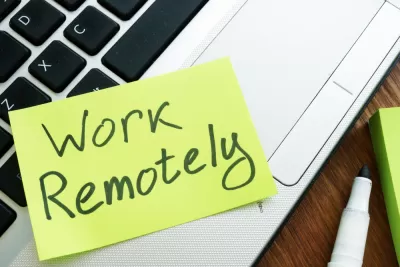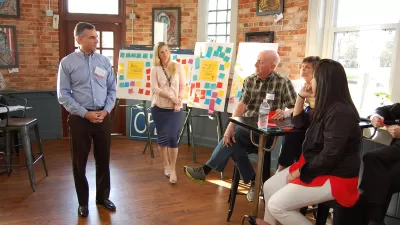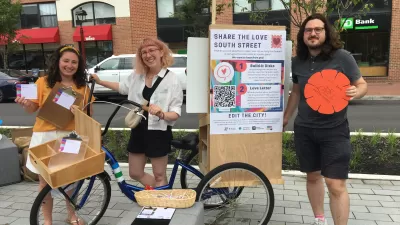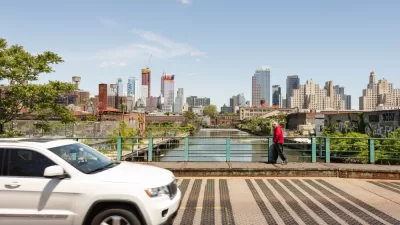Online public hearings and other meetings have become commonplace. A case can be made to continue virtual meetings even in the post-COVID-19 era.

By now, just about everyone has participated in some form of online meeting using tools like Zoom, Microsoft Teams, and/or Google Hangout, whether it be for work, school, or social purposes. This practice will likely continue on in the foreseeable future.
In this opinion piece, Scott Beyer argues the case for making virtual public meetings permanent. Specifically, Beyer's key points include:
- Meeting virtually reduces costs, such as travel/commuting costs for individuals and overhead costs for building maintenance, electricity, security personnel, etc.
- Online meetings increase public access and participation by enabling individuals to participate from the comfort of their homes and not worry about issues like childcare.
- Meeting virtually, instead of physically, prevents "public meetings from devolving into emotional trainwrecks," according to Beyer. He goes on to explain how virtual meetings can reduce emotional factors.
Beyers recognizes that in-person meetings will return at some point and are necessary for those without access to the internet. He concludes by saying, "A happy medium would be to hold meetings that are in-person but offer the option to attend and comment virtually. Officials will be able to hear a greater diversity of opinion, and members of the public will get the chance to calmly state their views while physically separate from the public-chamber mobs. The result is likely to be better public policy."
FULL STORY: The Case for Making Virtual Public Meetings Permanent

Alabama: Trump Terminates Settlements for Black Communities Harmed By Raw Sewage
Trump deemed the landmark civil rights agreement “illegal DEI and environmental justice policy.”

Study: Maui’s Plan to Convert Vacation Rentals to Long-Term Housing Could Cause Nearly $1 Billion Economic Loss
The plan would reduce visitor accommodation by 25% resulting in 1,900 jobs lost.

Planetizen Federal Action Tracker
A weekly monitor of how Trump’s orders and actions are impacting planners and planning in America.

Wind Energy on the Rise Despite Federal Policy Reversal
The Trump administration is revoking federal support for renewable energy, but demand for new projects continues unabated.

Passengers Flock to Caltrain After Electrification
The new electric trains are running faster and more reliably, leading to strong ridership growth on the Bay Area rail system.

Texas Churches Rally Behind ‘Yes in God’s Back Yard’ Legislation
Religious leaders want the state to reduce zoning regulations to streamline leasing church-owned land to housing developers.
Urban Design for Planners 1: Software Tools
This six-course series explores essential urban design concepts using open source software and equips planners with the tools they need to participate fully in the urban design process.
Planning for Universal Design
Learn the tools for implementing Universal Design in planning regulations.
Caltrans
Smith Gee Studio
Institute for Housing and Urban Development Studies (IHS)
City of Grandview
Harvard GSD Executive Education
Toledo-Lucas County Plan Commissions
Salt Lake City
NYU Wagner Graduate School of Public Service





























